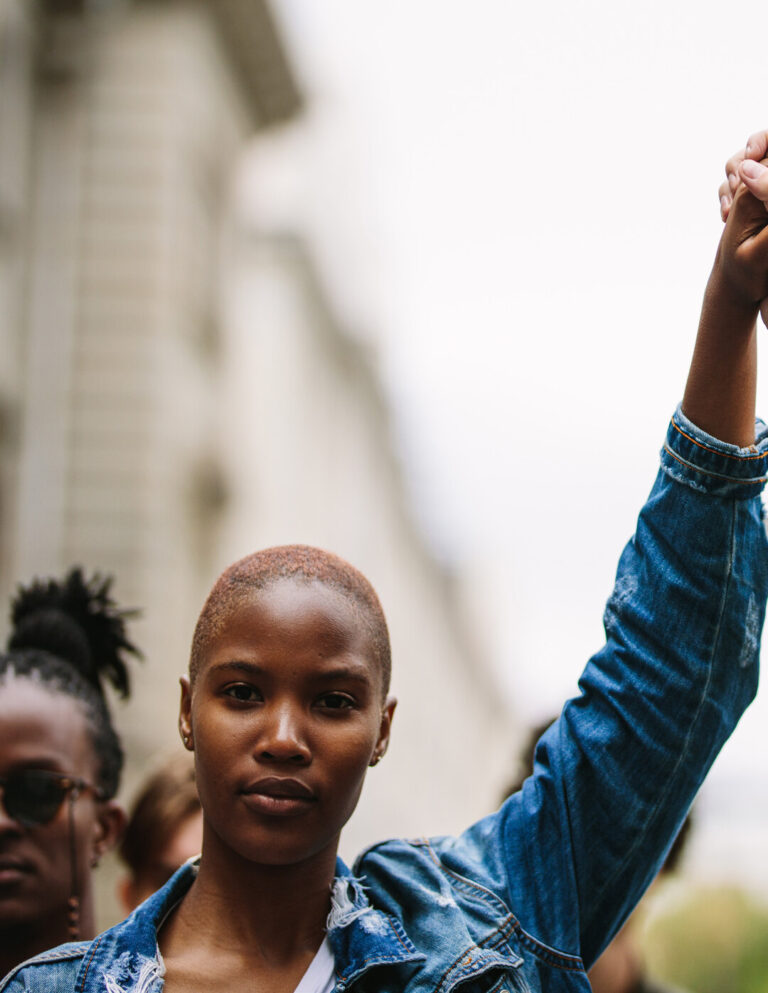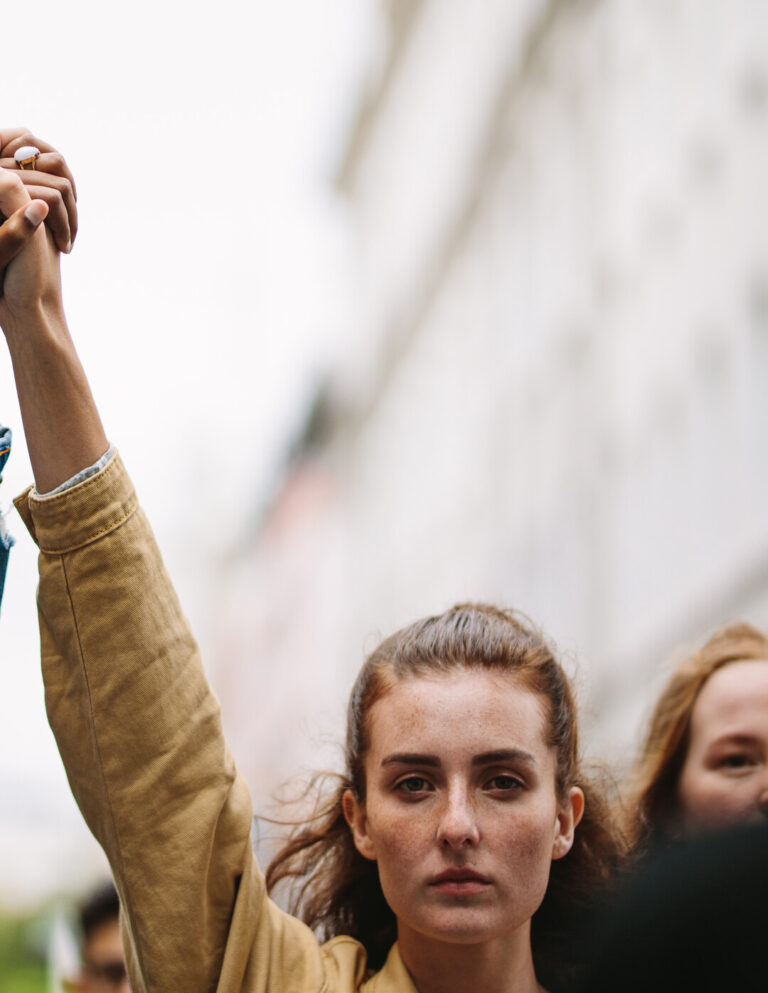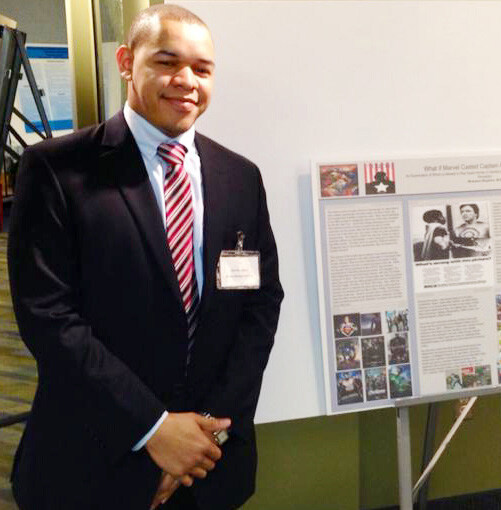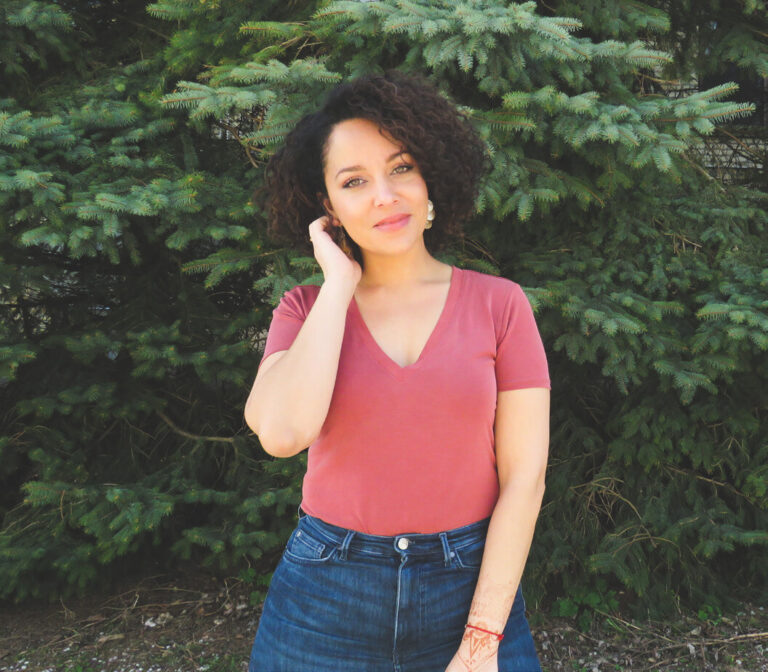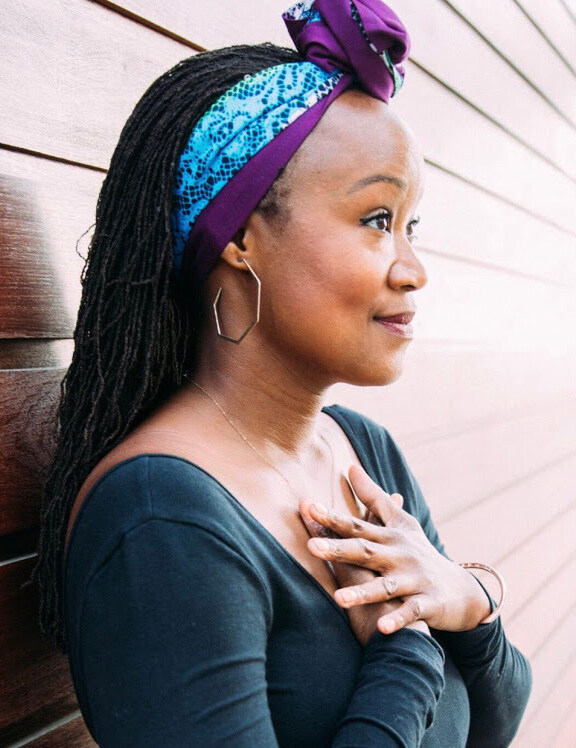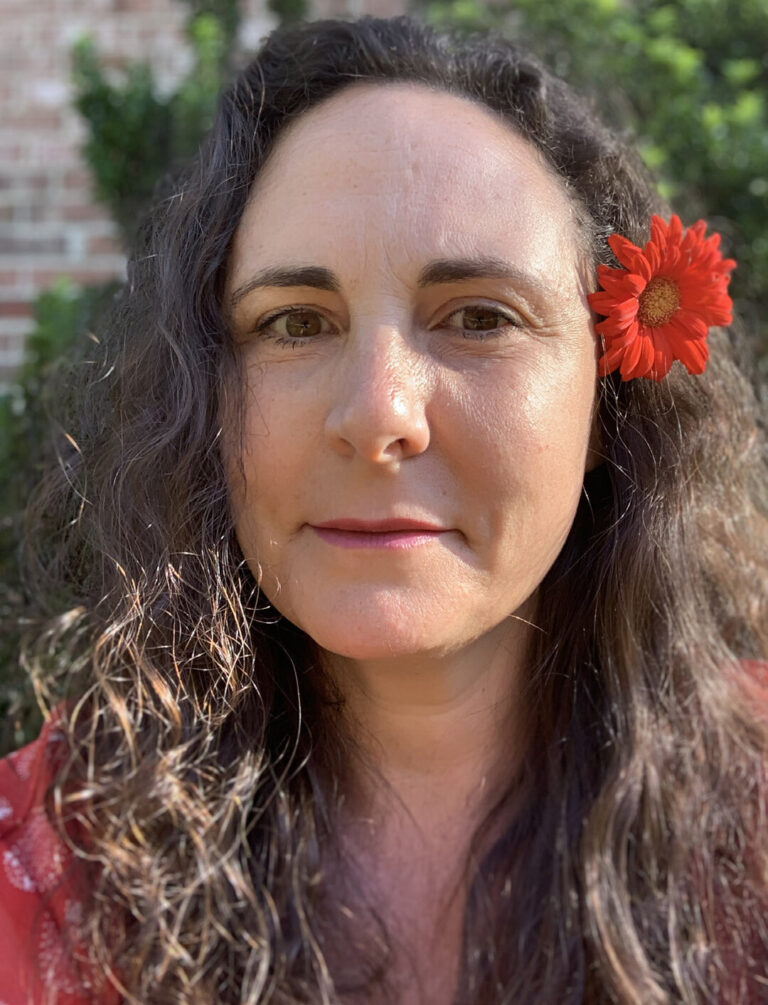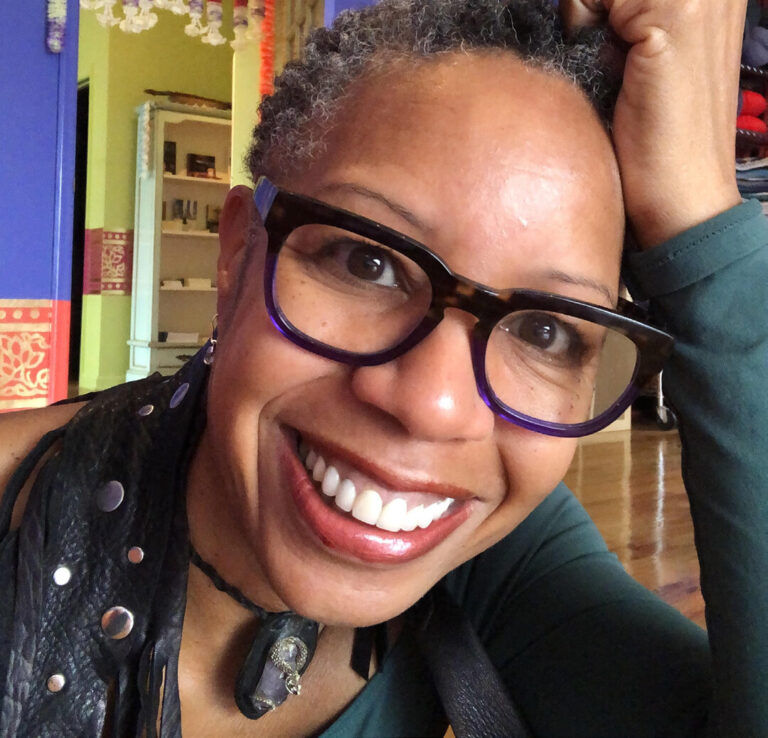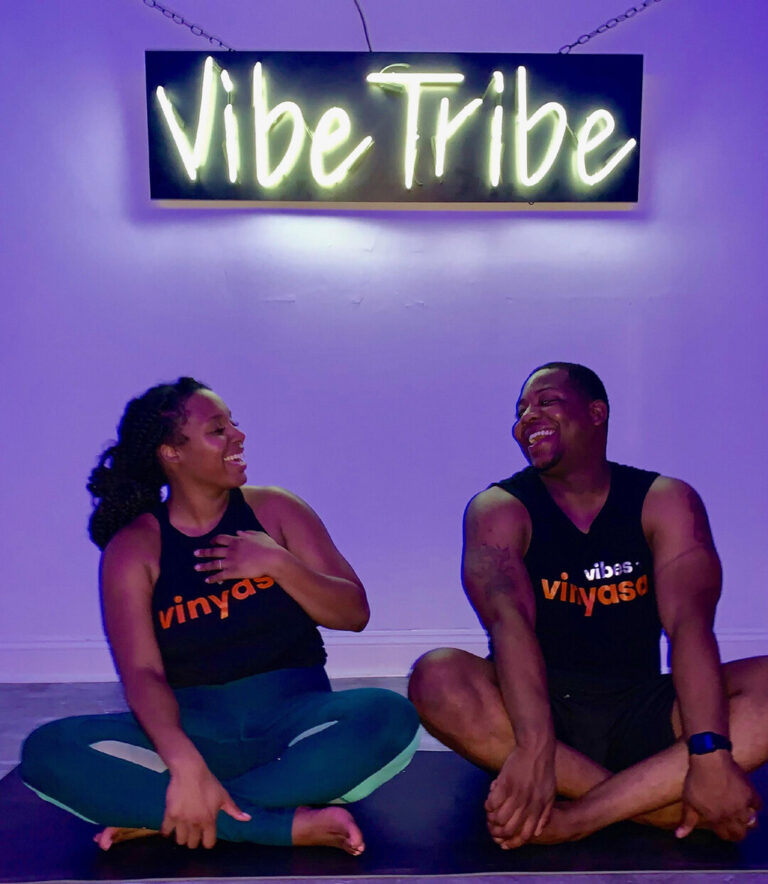
Hotel Spa Treatments You Can Make At Home
4 MINUTE READ from Wellness Interactive Branding, LLC. These easy ingredients can quickly transform your day and help you “travel.” “When we pause, allow a gap and breathe deeply, we can experience instant refreshment. Suddenly, we slow down, and there’s the world,” wrote American Tibetan Buddhist nun, Pema Chodron. She
